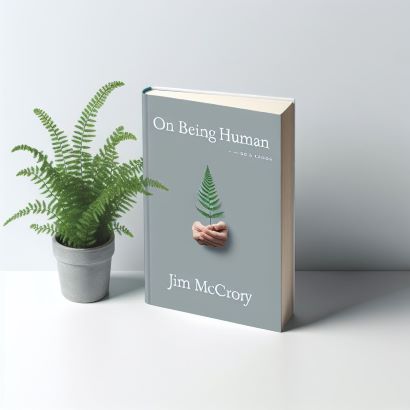"If he refuses to listen to them, tell it to the assembly.
If he refuses to hear the assembly also,
let him be to you as a Gentile or a tax collector."
Matthew 18:17 (WEB).
"If he refuses to hear them, appeal to the Church;
and if he refuses to hear even the Church,
regard him just as you regard a Gentile or a tax-gatherer."
Matthew 18:17 (Weymouth New Testament).

Image generated by Microsoft Copilot
Chemla and Compassion: Rediscovering Mercy in Modern Christianity
We have come a long way in Christian congregations in dealing with sin, or, have we? In reflecting on mercy, the Aramaic word Chemla provides a beautiful foundation. This ancient term from Talmudic texts embodies a compassionate kindness that flows not from obligation but from pure benevolence. It’s mercy extended not based on merit but as a gift, a gesture rooted in a generosity that goes beyond what is earned. In a world quick to judge and condemn, Chemla reminds us of the value in sparing judgment and offering kindness to those who may not “deserve” it. This sense of undeserved compassion finds its echo in the teachings of Jesus, especially in Matthew 18, where he lays out a path for dealing with interpersonal offenses—a path that focuses not on retribution but on restoration.
Matthew 18 emphasizes the unique worth of each person, particularly when they are in a vulnerable position. Jesus begins by stressing a deep responsibility to protect others from harm. In verse 6, he warns of the gravity of causing someone to stumble, illustrating the serious duty we hold to uphold one another’s well-being. This responsibility extends not only to protecting others from physical harm but from the emotional and spiritual damage that harsh treatment or judgment can inflict.
When Jesus addresses how to handle wrongdoing, he diverges sharply from the “cancel culture” or public humiliation we often see today in the press and media. Rather than exposing faults in a public forum, Jesus teaches us to approach the individual privately in verse 15. This private meeting is an act of compassion; it respects the person’s dignity and offers them a chance for redemption without the weight of public disgrace. It’s a step grounded in mercy, meant to open the door for healing and reconciliation.
If this first private attempt fails to bring understanding, Jesus offers a next step that is, again, full of gentleness: involving one or two other people. This approach is not intended to coerce or shame but to bring supportive witnesses, creating a space where understanding can grow without escalating tension or fostering resentment. The goal remains restoration, with all parties working together to preserve the individual’s dignity and support them in finding their way back. This approach stands in stark contrast to religious practices that employ harsh, procedural punishments.
There’s something uniquely powerful in this way of handling sin that resists judgmental tendencies. Unlike religious methods that may rely on public penance or social isolation to correct, the pathway Jesus outlines is marked by patience and a commitment to mercy. Forgiveness, he reminds us, is not to be limited. In his conversation with Peter, he illustrates the boundless nature of mercy with his “seventy times seven” response, a call to forgive endlessly with no "question of the person's repentance " . Mercy, in this sense, becomes an ongoing commitment to view others through a lens of compassion, seeing their worth rather than their faults.
Even when efforts to reach reconciliation fail, Jesus does not abandon the path of mercy. Only after every attempt has been made does he suggest involving the larger community, the congregation, and even then, not as a means to ostracize or condemn. Instead, the community’s involvement serves as a final collective effort to restore the individual. Rather than casting someone out, this step is a last, loving appeal unlike the formal stool-of-repentance- type of judgement.
Matthew 18 offers us a different kind of road map for addressing wrongs. It’s a path steeped in the spirit of Chemla, that divine compassion that doesn’t judge but offers undeserved kindness. How different our communities could be if we followed this example, holding onto mercy as our guide, letting compassion outweigh condemnation, and valuing each person’s dignity even in their lowest moments. It’s a vision of mercy, not just as a response to sin, but as a way of life.
If your congregation is not handling sin un the compassionate way Jesus prescribed , your in the wrong place.
"Scripture taken from the NEW AMERICAN STANDARD BIBLE®, Copyright © 1960, 1962, 1963, 1968, 1971, 1972, 1973, 1975, 1977, 1995 by The Lockman Foundation. Used by permission."

